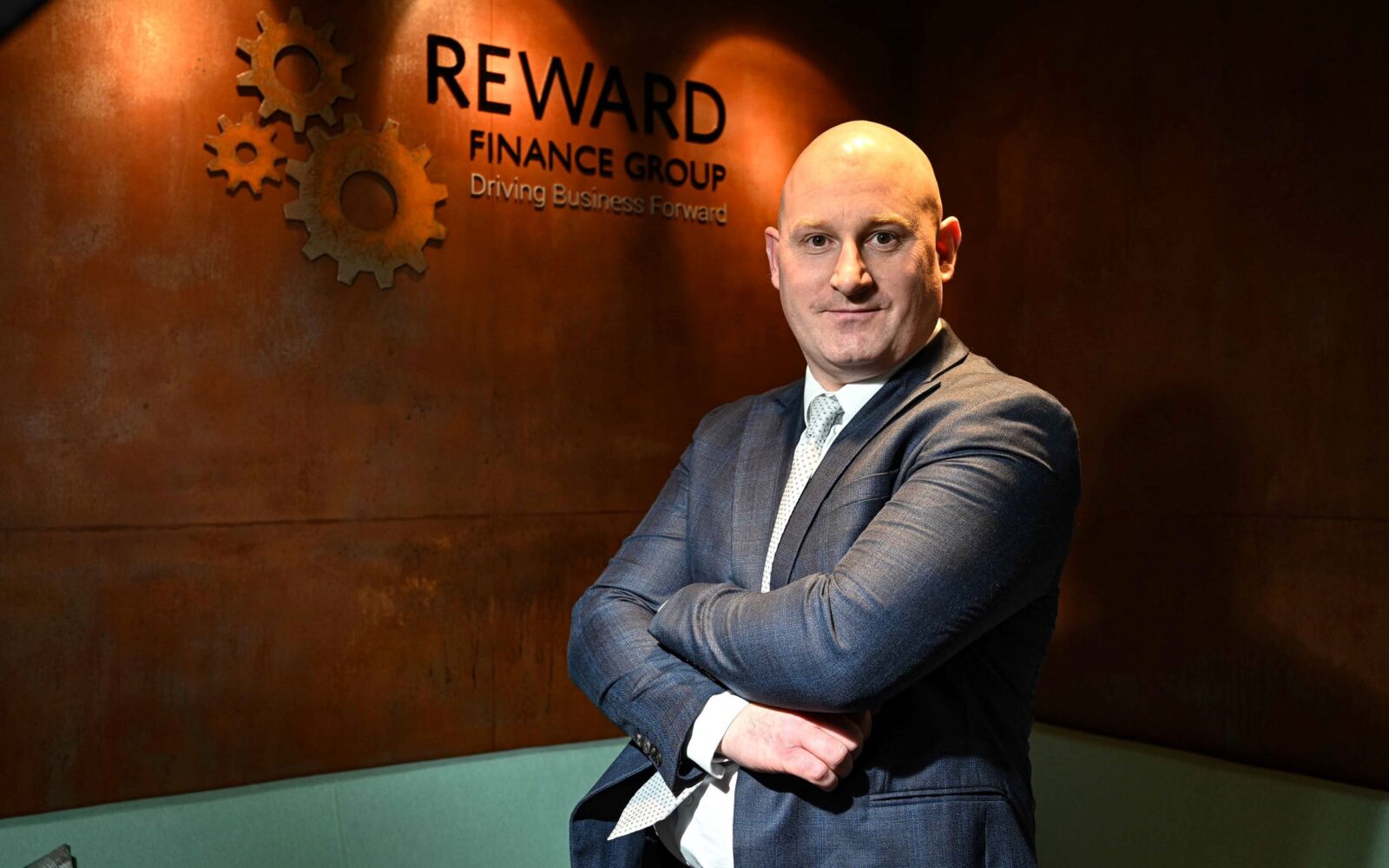Brian Machray, Reward Finance Group’s Business Development Director for Scotland explains the reasons.
SMEs accounted for 99.3% of Scotland’s private sector in December 2021, according to a recent Scottish Government white paper. This is made up of almost 365,000 SME businesses across eighteen different sectors.
Unfortunately, post COVID, data captured by the Scottish Government shows that over 55% of SME lending applications were declined by traditional funders, leading to a threefold increase in meeting post pandemic funding with equity, rather than debt.
One of the drivers of this funding shift is sector bias in lending institutions.
Why is there sector bias?
The main problem is that the lending industry is engineered to lend efficiently to large organisations, which are fewer in number, but make up a disproportionately large percentage of GDP.
Sector bias is not only present in the size of organisations, but also by industry, which creates quite a problem for SMEs looking for working capital, or reliable funds for investment, in sectors that sit outside the “sector appetite” of lenders.
This is compounded by the fact that lending products and the embedded processes have remained largely unchanged for 25 years.
Decisions with most traditional lenders are driven by three types of bias:
- Strategic Bias – SMEs are risky and difficult to serve;
- Decision Bias – Internal credit functions use the same data criteria for large businesses and SMEs;
- Cognitive Bias – There is the same effort expended for a large loan vs a small loan.
These entrenched biases drive decisions based on the amount of effort needed to generate maximum profit. The problem is exacerbated by innovations in data analysis where algorithms and decision-making models assign “risk levels” to lending applications.
This binary approach fails to assess qualitative data properly and, importantly, because decisions are made remotely and from a ‘tick box’ spread sheet, it completely omits the assessment of the acumen of the people running the business.
How is it affecting SMEs?
In a post pandemic environment, SMEs in pivotal sectors such as leisure, construction, hospitality and the manufacturing supply chain, increasingly find they are excluded from flexible debt funding.
The sectors are seen as risky, the size of the business is “not core”, or the trading history may have been impacted by the COVID pandemic.
Forced re-financings or reduced lending limits are placing pressure on SMEs and squeezing some into submission. The impact of existing Bounce Back or CBILS loans is also unfairly creating a stigma among SMEs in Scotland, making it more difficult to change lender or attract much needed finance.
Many healthy SMEs in these sectors are suffering from a lack of working capital finance to cope with increased lag on debtor payments. Increased working capital pressure is also being amplified by onerous payment terms with key suppliers and customers. In many cases, this pressure can be relieved by an injection of flexible working capital funding.
What’s the alternative to traditional funders?
There are a many alternative finance companies providing different approaches to short to medium-term lending.
Our approach, for example, is centred around driving businesses forward by taking a flexible, pragmatic approach to the SME sector, including those sectors, mentioned earlier, that have suffered most from the pandemic.
We understand that people running SMEs frequently fill many positions from the CEO to the bookkeeper. We get to know the key people and quickly understand their business and its needs. We also look at the fixed and current assets of the SME which can be used as security against the loan.
Drawing on this information we can tailor bespoke solutions for their particular situation.
It is then vitally important make a quick decision. SMEs don’t want to wait weeks to find out if they have got the funding, they want it now. Therefore, the lending process must be quick and remain simple.
We have two lending products, which are Business Finance and Asset Based Solutions.
The Business Finance product provides an injection of capital from just two months up to three years, from £50,000 to £5 million.
Flexibility is central to this product, with the loan being secured against business or personal assets, or a combination of both. It means we can often support customers where other lenders are constrained by policies that do not account for the fluid nature of SMEs.
It is similar to a traditional secured overdraft with no undrawn line fees and interest calculated only on what is actually borrowed.
Asset Based Solutions, on the other hand, enables companies to borrow against multiple assets, both on and off the balance sheet, including debtors, with one daily interest payment being charged against what is borrowed. Leveraging the debtor ledger of SMEs is one of the most powerful tools available to release cash and help businesses grow.
With a minimum of 12 months, with Asset Based Solutions, SMEs can borrow between £100,000 and £5 million.
Don’t let a lack of funding hold you back
If you are one of the 55% of Scottish businesses who have been turned down for lending by traditional funders, I hope this article has given you confidence there is an alternative available.
If you wish to discuss your lending requirements give me a call on 07510 929 811 or email me at brian.machray@rewardcf.com
Also, published by Scottish Financial News
